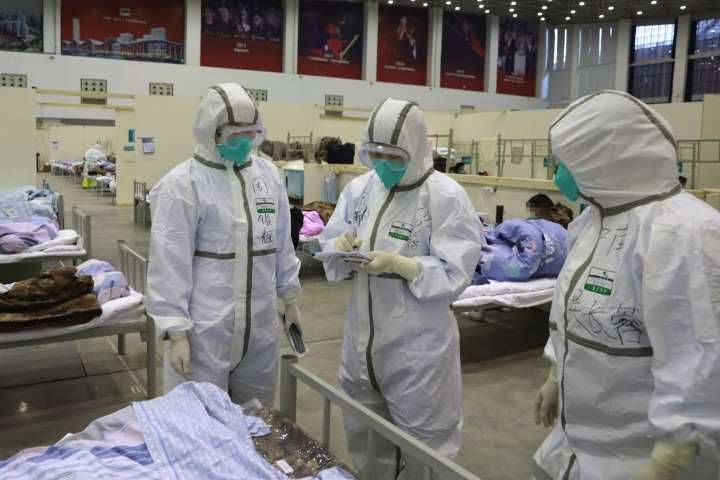
Convalescent plasma of a recovered coronavirus patient has been injected into a critical virus patient for passive immunisation to treat the fatal disease in Hyderabad.
DAWN reported that Liaquat University Hospital (LUH) isolation ward's focal person Dr Aftab Hussain Phull confirmed the development on Sunday. "He [virus infected patient] was given the plasma after managing his condition as best as possible under the given circumstances," Phull said. The plasma — donated by a recovered coronavirus patient — was administered to a patient under treatment at the isolation ward of LUH.
On April 30, the Sindh government had allowed three hospitals in the province to carry out clinical trials for the ‘experimental use of Covid-19 convalescent plasma for passive immunisation’. Earlier, the provincial government had approved clinical trials for plasma therapy in addition to approving locally made ventilators for treating critically ill patients and granting permission for manufacturing sanitisers and producing chloroquine.
Plasma injection therapy involves collecting blood from someone who has recovered from Covid-19 and transfusing separated plasma to a critically sick patient; plasma is the clear part of blood that is left when blood cells have been removed and contains antibodies and other proteins. The science behind plasma therapy and passive immunisation is not new; the concept has been widely applied for treating different infectious diseases including mumps, measles and polio.
DAWN reported that Liaquat University Hospital (LUH) isolation ward's focal person Dr Aftab Hussain Phull confirmed the development on Sunday. "He [virus infected patient] was given the plasma after managing his condition as best as possible under the given circumstances," Phull said. The plasma — donated by a recovered coronavirus patient — was administered to a patient under treatment at the isolation ward of LUH.
On April 30, the Sindh government had allowed three hospitals in the province to carry out clinical trials for the ‘experimental use of Covid-19 convalescent plasma for passive immunisation’. Earlier, the provincial government had approved clinical trials for plasma therapy in addition to approving locally made ventilators for treating critically ill patients and granting permission for manufacturing sanitisers and producing chloroquine.
Plasma injection therapy involves collecting blood from someone who has recovered from Covid-19 and transfusing separated plasma to a critically sick patient; plasma is the clear part of blood that is left when blood cells have been removed and contains antibodies and other proteins. The science behind plasma therapy and passive immunisation is not new; the concept has been widely applied for treating different infectious diseases including mumps, measles and polio.
